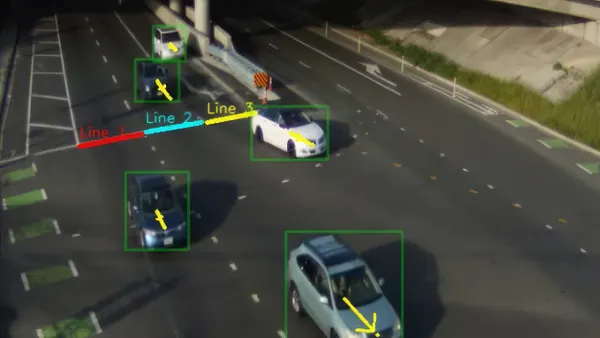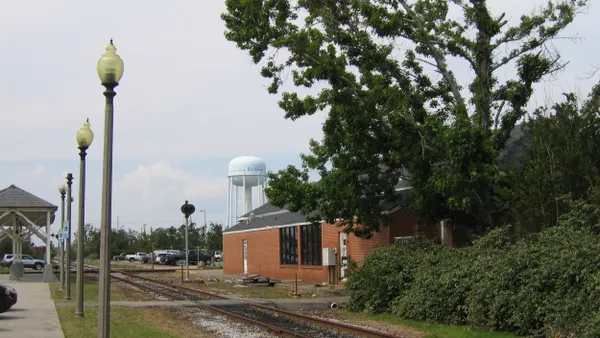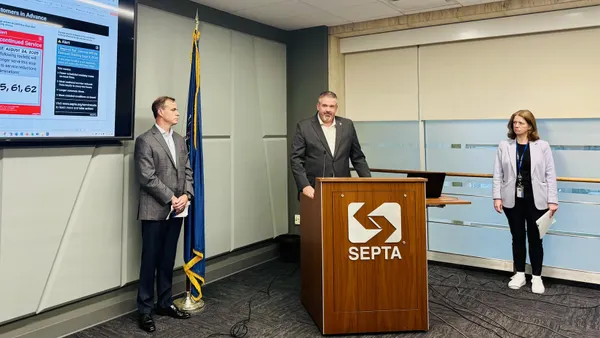The Shared Use Mobility Center released the full text of its Shared Mobility 2030 Action Agenda on Wednesday, calling for faster adoption of public transportation, car-sharing, shared micromobility and on-demand microtransit. More than 100 public, private and nonprofit organizations have joined its action network.
The initiative comes as some 200 countries plan to meet Nov. 6-18 for COP27, an international climate summit. Benjamin de la Peña, CEO of the Shared-Use Mobility Center, said in a press release that “global climate leaders continue to underestimate, underfund and undervalue shared mobility, which has the greatest potential to provide cleaner, more accessible, more equitable transportation options to more people than any other single clean transportation solution.”
According to SUMC, local governments are “largely driving” the shared mobility agenda. Boston Mayor Michelle Wu, a member of the action network, said in a press release that the agenda “can help us to act and to hold ourselves and others accountable to making our communities healthier and more liveable for everyone, especially those who can least afford to own a car.”
Memphis Mayor Jim Strickland, also an action network member, said in a press release that “People are struggling to keep up with gas price spikes and the rising cost of living. It’s our responsibility to find real solutions. We see investing in shared mobility as a means to create a healthier, more prosperous community.”
The agenda contains seven action items:
- Invest in and build the infrastructure for shared mobility as standard components of all transportation projects.
- Build the technology and information systems that make shared mobility more reliable, available, accessible and easier to use.
- Create products and incentives to help households shift to more shared mobility.
- Create standards to measure how shared mobility is making our communities and our society more equitable.
- Standardize a carbon emissions measurement framework from shared mobility vehicles, technology, services and operations that allows comparisons with other transportation modes, and commit to lowering the life cycle carbon emissions of shared mobility services.
- Find and develop new, sustainable ways to fund more shared mobility.
- Create the institutional foundations and processes that help shared mobility become affordable and economically sustainable.
On June 30, the Supreme Court limited the authority of the U.S. Environmental Protection Agency to regulate greenhouse gas emissions. In an interview following that decision, de la Peña said that “It's now more important than ever that cities step up on reducing carbon emissions for transportation, and we're going to have to figure out how to do it with or without the federal government and with or without support from the states.”











